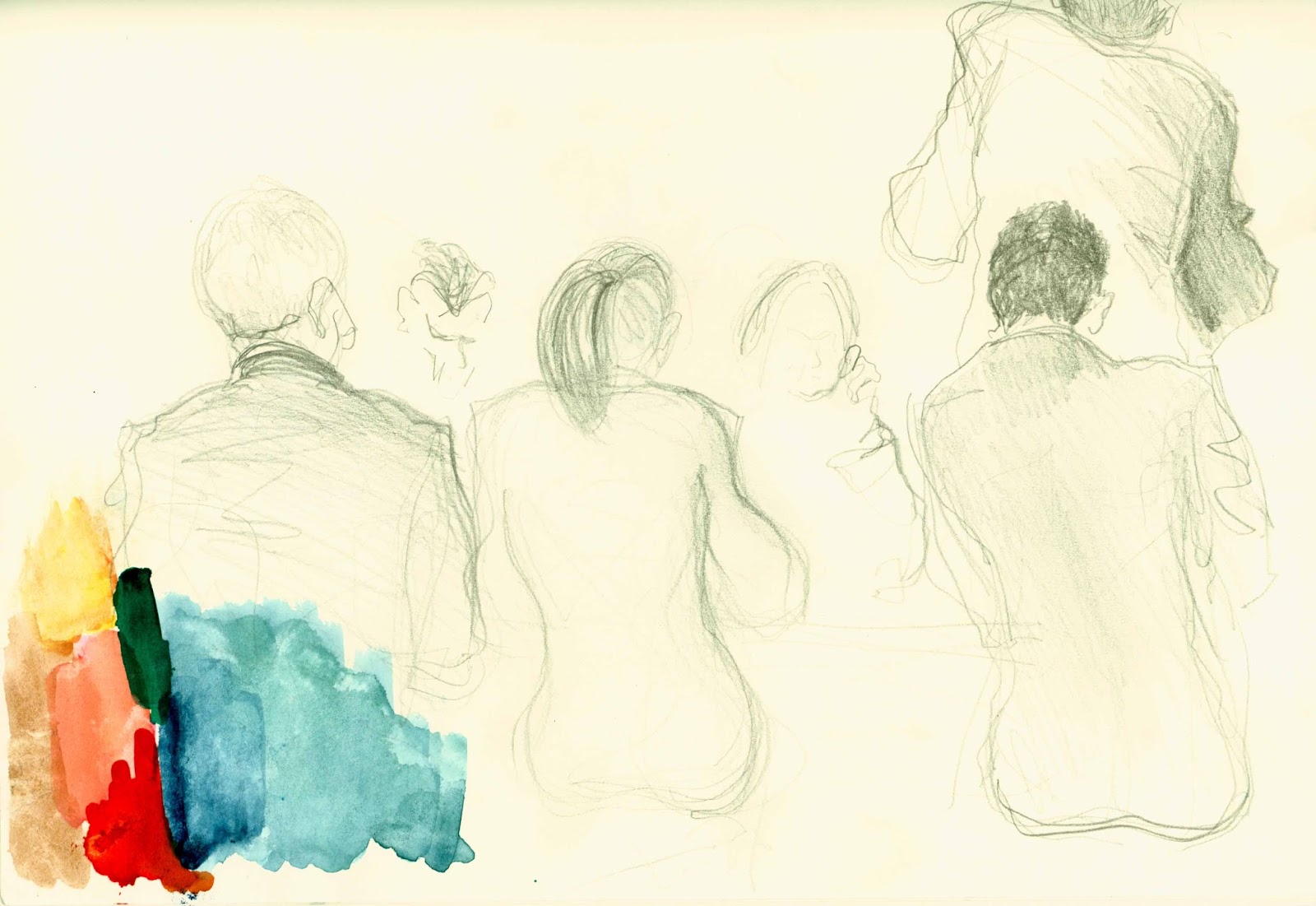250 vulnerable witnesses let down annually by lack of help in court, says Victims’ Commissioner
Children and vulnerable adults in need of assistance by intermediaries in court are being left without help, according to a review released yesterday by the Victims’ Commissioner, Baroness Newlove of Warrington.
Registered intermediaries were introduced around a decade ago to assess vulnerable witnesses and advise on which questions they were able to answer. Most intermediaries come from a speech therapy background, and aid the most vulnerable victims in court using props such as dolls.
Last year, intermediaries helped a two-year old girl become the youngest person ever to give evidence in a British court (here). However, a lack of adequate recruitment as well as failures to match victims with intermediaries by police forces has left many individuals being ‘deprived of their access to justice’ according to Baroness Newlove (here).
She called attention to the urgent need for a recruitment drive.
‘The system is straining under pressure as it struggles to cope,’ Lady Newlove told the Guardian. ‘My biggest concern is you cannot expect a young child with a short memory span to wait four long weeks and still be able to recall their evidence reliably. We need a fast-track matching service for child victims. There are on average 250 cases every year where the police and crown prosecutors make RI requests that cannot be matched – in other words, 250 victims who are being restricted in their access to justice. This needs to be addressed urgently.’
The review found that on a monthly basis, 20 requests for intermediaries were not fulfilled, and called for the issue be ‘addressed urgently’. Baroness Newlove had little confidence that requests are being made for intermediaries ‘in every case where this might be called for’ (here).
A lack of coordination was cited on the Today Programme by Baroness Newlove, stating that as it stands, the Ministry of Justice acts as a ‘centrepoint’ for intermediaries yet they are matched with victims by the National Crime Agency. She recommended a national body that would support and mentor RIs.
A further issue was the treatment of intermediaries themselves. Some had complained of being paid late. The review noted that unlike other professionals working in the criminal justice system who were exposed to daily trauma and suffering, intermediaries had to cover the cost of counselling themselves, with ‘many finding the cost of this prohibitive’. Baroness Newlove said ‘this is no about money, this is about respecting the role’ with intermediaries being important in ‘giving victims the confidence to come forward’.
She stated that is essential for the government to ‘sit up and listen’ and that ‘equal access to justice must be a primary objective of our justice system.’






